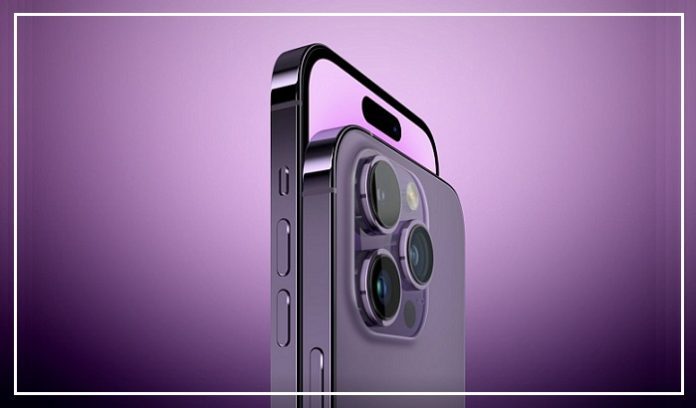According to reports, Apple is planning to make notable alterations to the design of its upcoming iPhone 15 models, which will involve replacing the exclusive lightning connector with USB Type-C.
It’s being said that this move is motivated by the EU’s directive that requires the utilization of USB Type-C as the standard charging method for electronic devices.
Apple to Be Banned in EU
The forthcoming iPhones are anticipated to come with solid-state buttons and a mute switch, which would align Apple’s devices with the industry norm after much expectation.
However, if Apple moves forward with its decision to replace the lightning connector with USB Type-C, there is a likelihood of the iPhone 15 series (including the iPhone 15 and iPhone 15 Pro) facing potential prohibition in Europe.
This situation is linked to the latest developments regarding the EU’s regulations pertaining to charging standards.
News broke in March that Apple had plans to restrict charging speeds for individuals who use non-Apple sanctioned chargers and cables.
This was followed by rumors that Apple was manufacturing USB-C MFi cables and EarPods.
Recently, it has come to light that EU Industry Commissioner Thierry Breton wrote a letter to Apple cautioning them that if they limit the new port to specific accessories, they may run the risk of facing a prohibition.
The EU’s goal is to establish guidelines by Q3 2023 that guarantee a consistent understanding of the legislation.
Apple is required to adopt the USB Type-C standard by December 28, 2024, to conform to the regulations.
One possible method for Apple to comply with the requirements would be to introduce Mi cables that contain a small authentication chip, which would authenticate their legitimacy.
What is MFi by Apple?
The MFi (Made for iPhone) program offered by Apple serves to safeguard customers from any potential dangers that may arise from utilizing uncertified chargers and cables.
The reason behind the switch to Type-C ports was to create a universal cable that could be employed with a variety of devices.
Nevertheless, Apple’s approach of constraining charging speeds for uncertified accessories has elicited concerns.
The adoption of this approach by Apple may generate obstacles for individuals who plan to purchase the iPhone 15 and subsequently miss out on the new models.
The objective behind the shift to USB Type-C was to streamline connectivity, but Apple’s possible restrictions could create confusion for users who utilize third-party chargers and cables.
It is uncertain how Apple will handle these worries and find a balance between user safety and convenience.
Ultimately, the outcome will influence the level of compatibility and accessibility that iPhone 15 users can expect.
